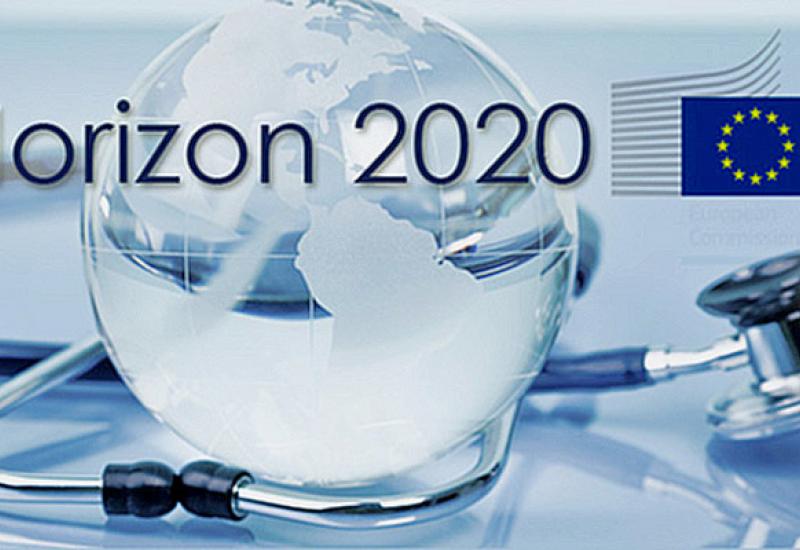The project of Igor Sikorsky Kyiv Polytechnic Institute scientists entitled “Knowledge at the Tip of Your Fingers: Clinical Knowledge for Humanity (KATY)” in the competition H2020-SC1-FA-DTS-2020-1 within the European Union program “HORIZON 2020” has been selected for funding.
It is the sixth University project submitted and supported within the programm. The International Consortium consisting of 20 research teams from 10 European countries (in addition to Ukraine, Italy, Poland, Great Britain, Austria, Spain, Germany, France, Sweden, and Portugal) will work on its implementation. The Coordinator of the Consortium is Tor Vergata University of Rome. The group of scientists from the Department of Microelectronics of the Faculty of Electronics and the Department of Computer Engineering of the Faculty of Informatics and Computer Science represents our country in the Consortium. Vice-rector of Igor Sikorsky Kyiv Polytechnic Institute, Academician of the National Academy of Sciences of Ukraine Yuriy Yakymenko is Head of the group. Professor of the Department of Microelectronics Dmytro Koroliuk and Head of the Department of Computer Engineering Serhii Stirenko will also work in it. The project is interdisciplinary, so employees of other departments and students will take part in it.
This project will develop the idea of using personalized medicine with elements of artificial intelligence (AI) to help clinicians making difficult decisions in the battle against renal cancer.
KATY is an AI-powered personalized medicine system built around two main components: a distributed knowledge graph that connects sources of medical knowledge, and a pool of ‘predictors’ that allow the AI to model patient outcomes. It then relates that information to the physician to help them see new options for patient treatment. The total EU funding for the project is about 8.5 million euros.
Today it is well known that each patient takes their own path to recovery and these paths can be extraordinarily unique. Based on his own experience of clinical cases a doctor uses their own understanding of the disease and the best clinical practice to present options to patients that help to shape their recovery. Rapidly developing artificial intelligence technologies, based on interdisciplinary knowledge, provide an opportunity to obtain a new quality of treatment of complex diseases, which should become the basis of medicine of the future. Personalized medicine with elements of AI will elevate treatment to a higher level by linking patient histories to publicly available clinical and research data.
However, no matter how precise artificial intelligence is, no matter how many lives it can save, and no matter the expanse of medical knowledge it contains – if clinicians do not know or trust artificial intelligence suggestions, AI-empowered personalized medicine will not have a chance to exist. Thus, the real challenge is building a system that can be accepted by physicians, patients and clinical researchers based on their very vision, understanding, and perception.

